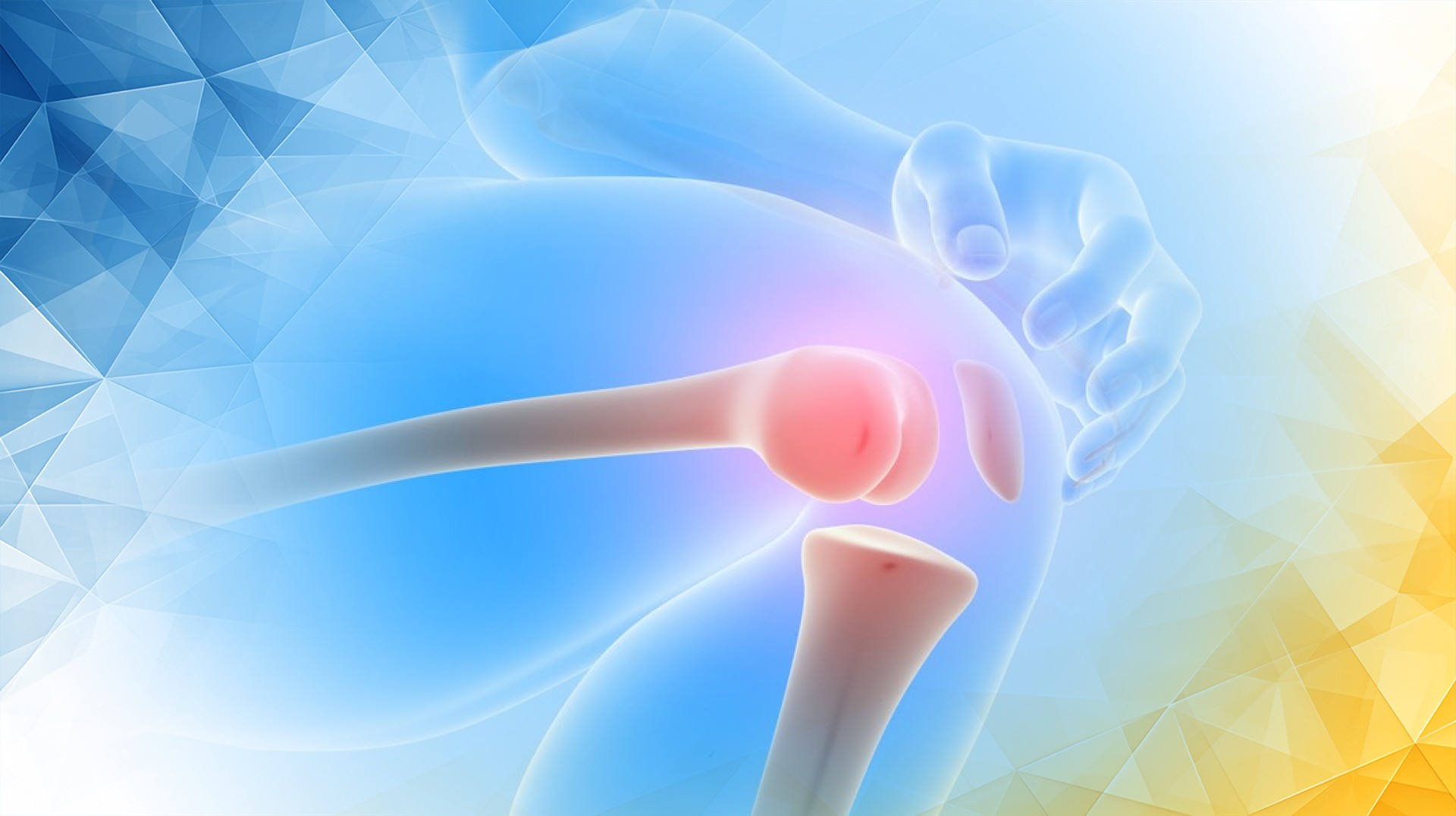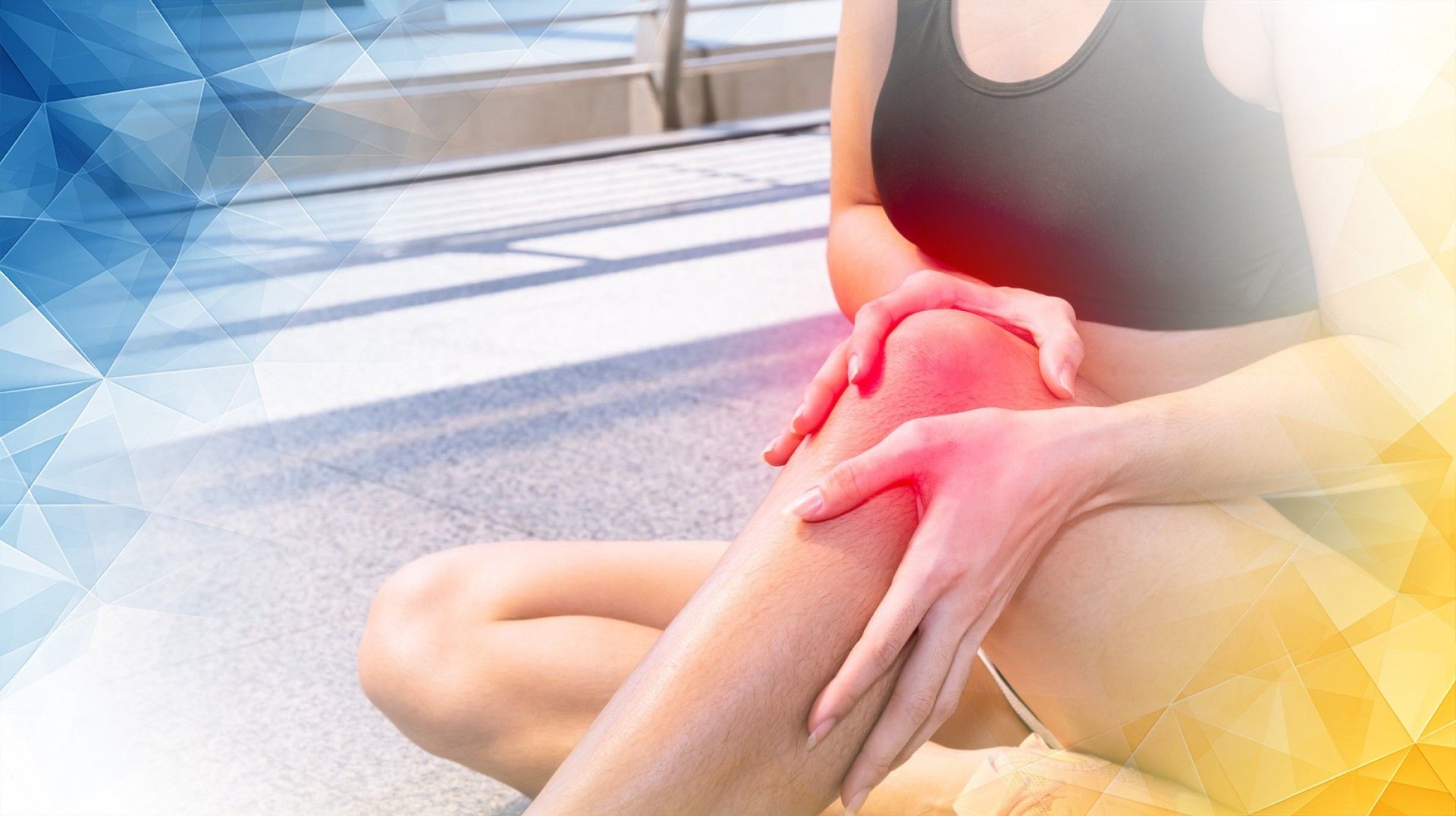



An anterior cruciate ligament (ACL) tear is a serious injury that can leave your knee unstable and make everyday activities challenging. Recovery often involves surgery, physiotherapy, and, increasingly, the use of targeted knee support. Specialised knee braces have gained popularity for their ability to do more than just provide compression—they support, protect, and actively assist your knee ‘s healing process. In this article, we’ll explore how the best knee brace for ACL tears can help manage pain, adjust muscle activity as you walk, and shield your knee from further injury—offering a practical boost to your recovery journey.
The ACL is a crucial ligament inside your knee, keeping your shinbone from sliding too far forward relative to your thighbone. When it tears, symptoms can range from sudden pain and swelling to a sense of the knee “giving way,” though not everyone feels the same intensity of symptoms right away. Without proper treatment and support, ACL tears can lead to long-term discomfort and put other knee structures—like the meniscus or cartilage—at risk for further injury. Injuries to other knee components are surprisingly common; for instance, damage to the lateral meniscus occurs in roughly 20-30% of ACL injuries (Tapasvi, 2021).
Specialised knee braces are designed to work with your natural knee motion, helping reduce stress on the healing ligament . These braces shift the way your muscles activate: they encourage more engagement from your hamstrings (the muscles at the back of your thigh), while easing the load on your quadriceps (at the front). This adjustment lessens the forward pull on your shinbone, easing the burden on the ACL and making movement less painful and unstable. With the right brace, daily activities can feel safer and more comfortable, helping you regain confidence as you move through the recovery process. Preserving the stability of other knee structures , especially the meniscus, is also crucial for long-term joint health and function (Tapasvi, 2021).
Scientific studies back up the benefits of specialised knee braces , both after injury and surgery. Research shows that both soft and rigid braces can stabilise the knee , reducing excessive sideways (valgus) motion. Interestingly, softer braces may better maintain a natural walking pattern and allow for easier knee extension compared to more rigid designs. However, while braces offer important stability—especially for everyday walking—they have limitations during intense cutting or twisting movements , where they can’t fully prevent every risky knee motion (Focke et al., 2020). Keeping the knee stable during healing is vital, and supporting vulnerable structures like the lateral meniscus improves both recovery and long-term joint health. It’s important to remember that a brace is just one piece of your rehabilitation toolkit—its benefits are greatest when combined with regular exercise and professional guidance.
Choosing the ideal knee brace isn’t simply about finding the most rigid or supportive option. Braces come in a range of styles, from firm frames to soft sleeves, each suited to different needs and levels of activity. Comfort and fit are essential; the best brace is one you’ll actually wear consistently, allowing you to move naturally without feeling restricted. The right choice can reduce pain, support healing, and help restore your confidence and mobility. Across the UK, you’ll find plenty of options to match your personal circumstances, whether you need support for ligament tears , cartilage damage, or simple day-to-day activity as you recover.
Recovering from an ACL tear is challenging, but specialised knee bracing can make a significant difference by easing pain, supporting healthy muscle activity, and protecting your knee as it heals. The latest research suggests that intelligent brace design—when combined with a robust rehabilitation plan —lays a solid foundation for safer, more effective recovery. If you’re starting ACL rehab , talk to your healthcare team about which knee brace might be right for you and stay up to date with advances in support technology. The right support can put you on the path to a stronger, more confident return to activity.
Focke, A., Steingrebe, H., Möhler, F., Ringhof, S., Sell, S., Potthast, W., & Stein, T. (2020). Effect of different knee braces in ACL-deficient patients. Frontiers in Bioengineering and Biotechnology, 8. https://doi.org/10.3389/fbioe.2020.00964
Subalakshmi, T. (2024). Effectiveness of cross bracing protocol for anterior cruciate ligament (ACL) tears – a narrative review. Indian Journal of Physiotherapy and Occupational Therapy – An International Journal, 18(Conf 1), 20. https://doi.org/10.37506/0y2hga02
Tapasvi, S. (2021). Lateral meniscus tears in ACL injured knee. The Hip and Knee Journal, 2(1), 5-21. https://doi.org/10.46355/hipknee.v2i1.71
London Cartilage Clinic offers advanced treatment options for ACL tears, including specialised knee bracing and expert physiotherapy. Led by Prof Lee, who has extensive experience in cartilage and ligament repair, the clinic provides tailored rehabilitation plans. This personalised approach supports optimal healing, improved knee stability, and a quicker return to activity.
Prof Lee is a leading expert in cartilage and ligament injuries, with years of clinical and surgical experience. At London Cartilage Clinic, he personally oversees each patient’s assessment and treatment, ensuring evidence-based care. His reputation for using the latest techniques guarantees you benefit from the highest standards in ACL rehabilitation.
The knee braces provided by London Cartilage Clinic are selected and fitted under Prof Lee’s expert guidance. These braces are designed to support healing, reduce pain, and promote natural muscle function. Their effectiveness is backed by scientific research, ensuring you receive industry-leading support during every stage of your recovery.
Knee braces are a key part of recovery, offering essential support, pain relief, and joint protection. However, Prof Lee and his team at London Cartilage Clinic combine bracing with comprehensive physiotherapy and rehabilitation, providing a complete treatment approach that addresses all aspects of knee health, for the best possible outcome.
At London Cartilage Clinic, Prof Lee will assess your injury and activity level before recommending the ideal brace. The clinic offers a range of high-quality, specialised braces tailored to your unique needs. This ensures comfort, effective support, and boosts your confidence as you recover from your ACL tear.
All our treatments are selected to help patients achieve the best possible outcomes and return to the quality of life they deserve. Get in touch if you have any questions.
At London Cartilage Clinic, we are constantly staying up-to-date on the latest treatment options for knee injuries and ongoing knee health issues. As a result, our patients have access to the best equipment, techniques, and expertise in the field, whether it’s for cartilage repair, regeneration, or replacement.
For the best in patient care and cartilage knowledge, contact London Cartilage Clinic today.
At London Cartilage Clinic, our team has spent years gaining an in-depth understanding of human biology and the skills necessary to provide a wide range of cartilage treatments. It’s our mission to administer comprehensive care through innovative solutions targeted at key areas, including cartilage injuries. During an initial consultation, one of our medical professionals will establish which path forward is best for you.
Contact us if you have any questions about the various treatment methods on offer.
Legal & Medical Disclaimer
This article is written by an independent contributor and reflects their own views and experience, not necessarily those of londoncartilage.com. It is provided for general information and education only and does not constitute medical advice, diagnosis, or treatment.
Always seek personalised advice from a qualified healthcare professional before making decisions about your health. londoncartilage.com accepts no responsibility for errors, omissions, third-party content, or any loss, damage, or injury arising from reliance on this material. If you believe this article contains inaccurate or infringing content, please contact us at [email protected].